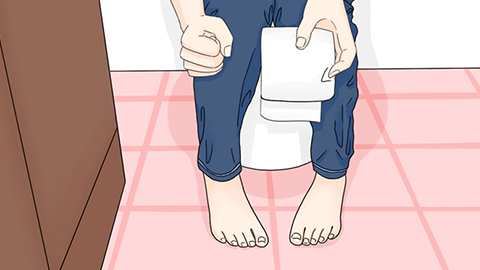What are the postoperative complications of hemorrhoid surgery?
Some postoperative complications may occur after hemorrhoid surgery, with common ones including anal pain, defecation abnormalities, anal stenosis (narrowing), fecal incontinence, and wound infection. If any abnormality occurs, timely medical attention is recommended. Detailed explanations are as follows:

1. Anal Pain: Before the surgical wound heals completely, defecation or physical activity may irritate the wound, causing pain. In some cases, the pain lasts longer, possibly due to delayed wound healing or local inflammation. Pain can be relieved through medication or sitz baths.
2. Defecation Abnormalities: Short-term constipation or diarrhea may occur after surgery. Constipation is often due to reluctance to exert pressure caused by fear of pain, while diarrhea might be related to gastrointestinal dysfunction. Symptoms generally improve gradually with dietary adjustments and development of regular bowel habits.
3. Anal Stenosis: Excessive tissue removal during surgery may lead to a smaller anal opening, causing symptoms such as thinning of stool and difficulty in defecation. Mild cases can improve with anal dilation exercises, while severe cases may require further treatment.
4. Fecal Incontinence: In rare cases, surgical damage to the anal sphincter muscles may reduce bowel control, resulting in involuntary leakage of small amounts of stool or gas. This is usually temporary and can gradually improve through pelvic floor muscle exercises; however, more severe cases may require additional interventions.
5. Wound Infection: Improper postoperative wound care may allow bacterial invasion, leading to infection characterized by local redness, swelling, discharge, and increased pain. Prompt wound cleaning and disinfection, along with prescribed anti-infective medications, are necessary to prevent the spread of infection and promote healing.
To minimize postoperative complications of hemorrhoid surgery, it is essential to strictly follow medical advice for wound care, maintain anal hygiene, avoid prolonged sitting or standing, and adjust diet to prevent constipation or diarrhea. If abnormal symptoms occur, timely medical evaluation is important, as early intervention can effectively reduce complications.




